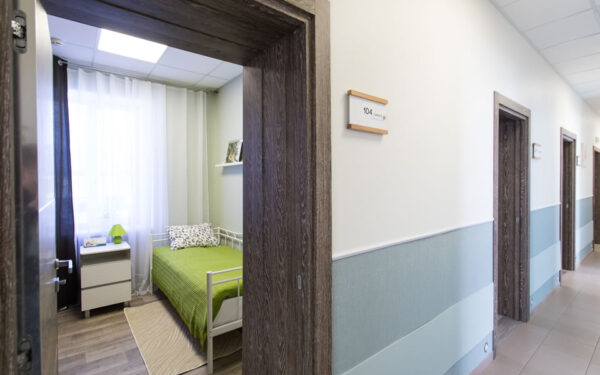Federal Judge Slaps UnitedHealthcare with Injunction Hours Before Dropping Thousands of Physicians from Medicare Advantage Network

Two Connecticut medical associations won a temporary injunctive order against UnitedHealthcare in federal court hours before the insurer was set to drop hundreds of doctors and thousands of patients from its rolls.
Any group that received a cancellation notice from a carrier should immediately contact the carrier and confirm that they are complying with the injunction – if not, and if the carrier is important enough to the group, legal counsel should be consulted about an individual request for an immediate injunction.
Two Connecticut medical associations won a temporary injunctive order against UnitedHealthcare in federal court hours before the health insurer was set to drop thousands of physicians and patients from its rolls. The order prevents the insurer from removing any of the doctors until the court can rule on the merits of the case.
U.S. District Court Judge Stefan Underhill ruled Friday, December 6, that the Hartford County Medical Association and Fairfield County Medical Association “met their burden of demonstrating that they will suffer harm that is imminent and cannot be adequately compensated through damages.”
The associations sought a temporary restraining order preventing UnitedHealthcare from removing the physicians, approximately 20% of the UnitedHealthcare provider panel, from its Medicare Advantage networks. Anywhere from 20,000 to 30,000 patients could be affected, the medical groups say.
The injunction forces UnitedHealthcare to start proceedings from the beginning and “do it the right way,” says Roy Breitenbach, JD, legal counsel for the medical associations.
“[The decision] levels the playing field, and we’re prepared to go forward,” contends Breitenbach, apartner/director of Garfunkel Wild PC in Great Neck, New York. “If they start from scratch and follow the termination proceedings, there are certain rights to follow the termination.” UnitedHealthcare intends to immediately appeal the decision, the company says in an e-mailed statement.
“We believe the court’s ruling will create unnecessary and harmful confusion and disruption to Medicare beneficiaries in Connecticut,” says Terry O’Hara, of UnitedHealthcare Group. “We know that these changes can be concerning for some doctors and customers, and supporting our customers is our highest priority. United Healthcare will continue to stay focused on the people we serve.”
The ruling only affects members of the Hartford County Medical and Fairfield County Medical associations. The ruling does not cover the state’s other medical associations, including the Connecticut State Medical Society and its members. The majority of the affected 2,200-plus physicians are reported to be in Hartford, New Haven, and New London counties. The judge’s ruling boiled down to evidence that UnitedHealthcare appears to have breached its contract with the physicians by removing them without cause or explanation, in apparent violation of Medicare regulations. Bollepalli Subbarao, MD, president of the Hartford County Medical Association, characterized those actions by United Healthcare as “pure abuse.”
Underhill wrote: “At oral argument, United suggested that it routinely amends [the contract] without the consent of participating physicians as a way of removing physicians from participation in a particular plan.” But the judge noted the insurer provided no evidence of that in follow-up documents and, in fact, only used the amendment “to add physicians to the network, not delete them.”
According to Rick Fiorentino, executive director of the Hartford County Medical Association, the two associations were willing to go to mediation to resolve the dispute. He said United Healthcare opposed this move, which would have delayed implementation for a year, and took its chances on the court ruling. “The judge was angry that (the company) wouldn’t go to mediation,” Fiorentino said.
Both medical associations took strong advocacy roles against United Healthcare once the cuts were announced in October, as reported by Medical Economics. In addition to the court filings, the two associations organized a November “townhall-like meeting” for those providers and patients impacted by the UnitedHealthcare Group action in Westport, Connecticut and West Hartford, Connecticut. The two groups also hosted a press conference December 5, 2013, at Connecticut’s Legislative Office Building on future steps that will be taken to prevent similar actions by insurance companies.
By Keith Griffin








